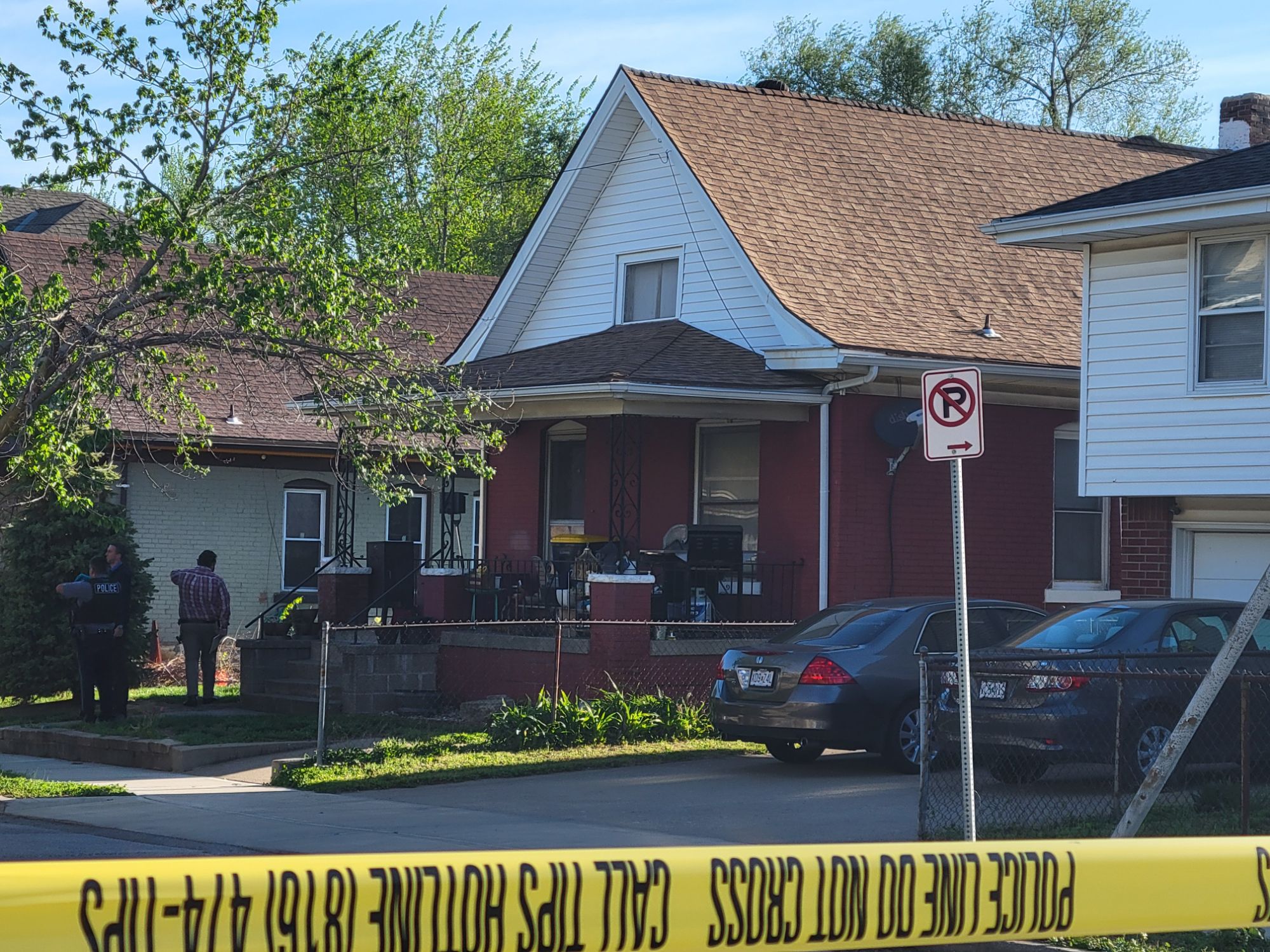
The Kansas City Auditor’s Office has concluded that the City’s current review process does provide enough oversight to the City’s Community Improvement District (CID) properties.
The City Auditor’s Office released an audit evaluating whether the City is exercising oversight of CIDs on Thursday, May 13. Oversight covers evaluation of proposed CIDs, the City Council’s decision to approve or not approve the establishment of CIDs, and ongoing monitoring of CIDs’ compliance with requirements outlined in state statutes, City policy, and establishing petitions.
A CID is created when a majority of property owners submit a proper petition to the City and the City Council holds a public hearing and adopts an ordinance establishing the CID. CIDs may be formed as a political subdivision of the state or as a not-for-profit corporation.
The activities and powers of districts are outlined in state law and established in the individual CID petitions. CIDs may use collected revenues and borrowed funds for a variety of purposes including, but not limited to, security, maintenance, refuse collection and disposal, landscaping, property acquisitions, and promoting tourism and business activities.
State law requires CIDs to submit a proposed annual budget to the City Council for review and comment; an annual report to the City Clerk of the services provided, revenues, and expenditures; and copies of resolutions approved by the CID board to the City Clerk.
State statutes give the City Council significant power over the establishment of CIDs. The City Council’s authority to approve or not approve proposed CIDs is one of the City’s most important oversight tools, according to the Auditor’s Office.
From 2002 to May 2020, City Councils approved 77 CIDs in Kansas City; 74 of which are still active – including the Independence Avenue CID. The majority of these CIDs impose a sales tax on top of existing sales taxes. Almost 60% are single beneficiary CIDs, and nearly half overlap with one or more other economic development districts.
Once CIDs are approved, CIDs petitions serve as guiding principles for the CIDs. Before approval, the City Council can incorporate additional accountability and oversight into petitions that the district must follow, such as reducing CID lifespans and eliminating automatic renewals; requiring CIDs to report on expenditures for public infrastructure or services benefiting the public, and submitting an annual financial statement.
Auditors concluded the City’s current review process does not critically evaluate public benefit, purpose and plan of the proposed district, sales tax burden impact, overlaps with other economic incentives, and alignment with City goals. A robust evaluation of these elements by City staff would provide the City Council with information to consider when they deliberate whether to approve the establishment of proposed CIDs, according to the Auditor’s Office.
The audit also found over a third of CIDs did not submit a proposed budget and more than 25% did not submit an annual report, as required by state statutes. The City also did not monitor CID reporting status as required by City policy.
“To strengthen oversight, transparency and accountability, we recommended improving and codifying the City’s existing CID policy by including a comprehensive evaluation process, establishing shorter CID lifespans, rescinding automatic renewals, outlining required reporting, and imposing fines for non-compliance,” according to the audit report. “We also recommended improving compliance monitoring and reporting efforts.”
During the audit selection process for fiscal year 2017, the City Auditor’s Office received a number of suggestions from the public expressing concern about the administration, transparency, and accountability of the Independence Avenue CID.
The audit found in that the Independence Avenue CID should improve its accountability and transparency to the public and property owners in the district.
In April 2020, Councilwoman Andrea Bough introduced a resolution directing the City Manager to make recommendations to the City’s existing CID policy to address recently proposed community improvement districts and the City’s general oversight role; directing the City Manager to engage public stakeholders to inform his recommendations; directing the City Manager to recommend a comprehensive and consolidated CID policy; and directing the City Manager to present his recommendations to City Council by September 1, 2020.
The audit report provides the City Manager with information to assist in responding to Resolution 200309. The City Manager should prepare the following for City Council consideration: an ordinance defining and codifying the City’s CID policy that includes a comprehensive evaluation process for proposed CIDs that, at a minimum, assesses public benefit, tax burden, overlapping economic development districts, and alignment with City goals; an ordinance defining and codifying the City’s CID policy that establishes shorter lifespans for CIDs; an ordinance defining and codifying the City’s CID policy that rescinds automatic renewals for CIDs; an ordinance defining and codifying the City’s CID policy that requires reporting on expenditures for public infrastructure or services benefiting the public; an ordinance defining and codifying the City’s CID policy that requires submittal of an annual financial statement; an ordinance defining and codifying the City’s CID policy that imposes a fine for failure to timely submit required reports to the City.
The Auditor’s Office sent the recommendations to City Manager Brian Platt, who agreed with all of them either fully or in part. They also recommended that the director of City planning and development should report to the City Council those CIDs that failed to submit required reports on time, fines assessed for failure to timely submit these reports, and whether the work performed by each CID conforms to its submitted budgets every year.
View the Full Report or Highlights online on our Recent Reports page. The audit is scheduled to be presented at the Council Business Session at 2 p.m. on Thursday, May 13, 2021.
Residents can submit audit ideas to the City Auditor. This audit was inspired by suggestions made by the public.


















